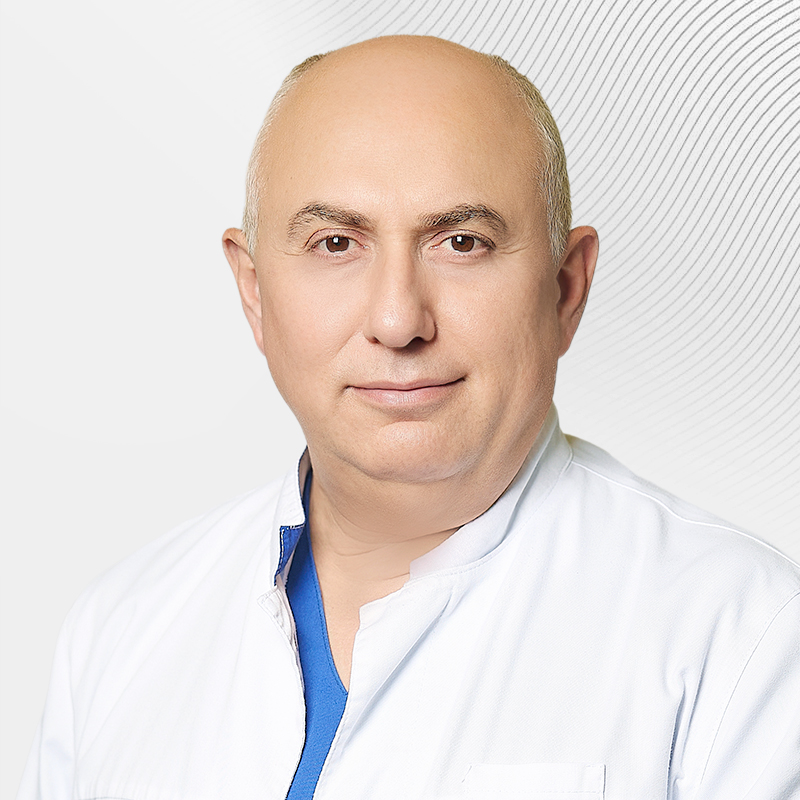Laser coagulation of the retina
What is retinal laser coagulation?
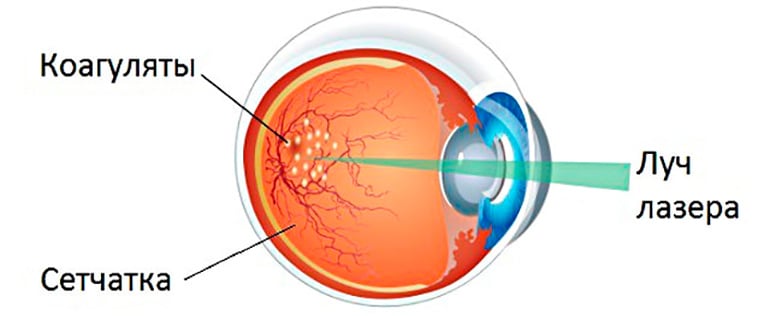
What is it for? What can be treated with a laser?
- Retinal tears. After the diagnosis of retinal rupture, treatment should be carried out as soon as possible. Without treatment, fluid from the eye cavity will penetrate through the gap under the retina. Laser coagulation stops this process by "sealing" the gap, which prevents further retinal detachment and blindness;
- Vascular retinopathy. In the case of diabetic retinopathy, retinal vein thrombosis, or exudative pathologies (for example, familial exudative vitreoretinopathy). Laser coagulation allows you to "seal" pathological vessels or tissues, prevent the development of new pathological vessels and accelerate the resorption of retinal edema;
- Glaucoma. With the help of laser coagulation, it is possible to reduce intraocular pressure by increasing the outflow or reducing the production of intraocular fluid;
- Tumors. Laser coagulation can stop the growth and even reduce the size of retinal tumors.
Do I need to do any additional research beforehand?
How is the procedure going?
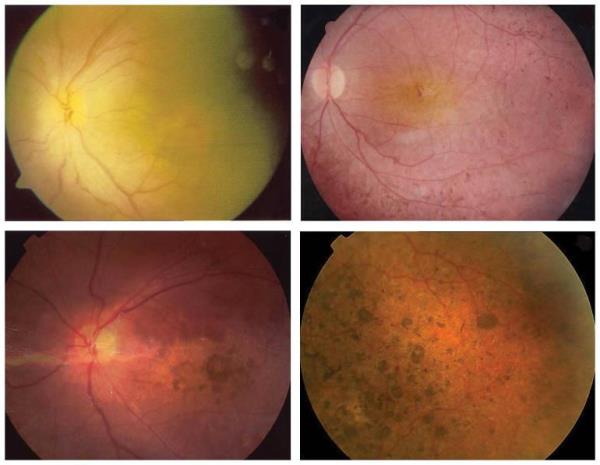
Advantages of retinal laser coagulation
- Absence of incision, blood loss;
- aiming accuracy;
- no rehabilitation period;
- contactless;
- minimum contraindications;
- there is no risk of infection.
Contraindications
- clouding of the transparent media of the eye (lens, moisture, vitreous body);
- grade III-IV gliosis;
- extensive retinal detachment;
- hemorrhages on the fundus;
Does it hurt? Are there any possible complications?
After the procedure....
- slight burning sensation;
- the feeling of sand;
- photophobia;
- lacrimation;
- the blurriness of the image.
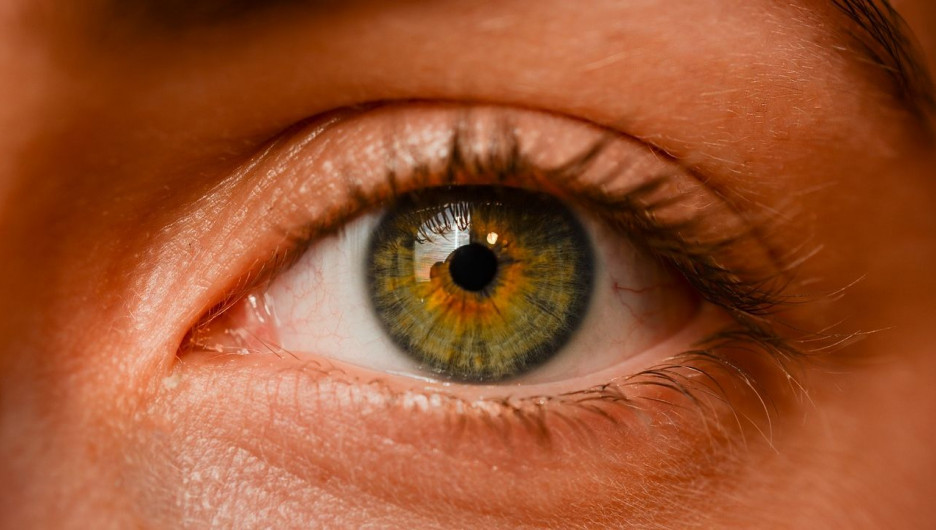
Recommendations for patients after LCS
- limit the visual load on the day of the operation, there are no further restrictions;
- instill eye drops within 1-3 days after the procedure (the doctor will prescribe);
- exclude salt and alcohol from the diet for 10-14 days, and limit liquids;
- restrict all sports and activities related to sudden bends, vibration, and weight lifting for a month;
- refrain from visiting saunas, baths, and swimming pools for the first 3-4 weeks;
- carry out preventive eye examinations at least once a year.
What is retinal laser coagulation
Preventive peripheral laser coagulation is a treatment method used to prevent or slow the progression of certain types of retinal diseases, including diabetic retinopathy and detachment. During the procedure, the doctor uses a laser to create small burns on the surface of the retina, which stimulates the formation of new blood vessels and strengthens existing ones.
Preparation for the procedure
Laser coagulation of the retina is a quick and low–trauma operation. Specific training is usually not required. Before the procedure, you need to:
-
remove the extended eyelashes (if available);
-
do not use cosmetics, do not apply makeup.
On the day of surgery, you need to take sunglasses to the clinic. Sunlight can irritate the eyes and cause discomfort after the intervention. The procedure itself usually takes 15 to 30 minutes and is performed on an outpatient basis, without hospitalization. The patient can go home after completing the treatment.
Question-answer
Can flashes remain in the eyes after exposure to a laser?
This is a normal symptom after surgery, usually the flare-ups disappear within a few days.
How many days can vision correction be performed after retinal laser coagulation?
Laser vision correction can usually be done after 2-3 weeks, but the final decision is made by the attending physician.
How long does the eye heal after retinal laser coagulation?
It usually takes 2 to 6 weeks to fully recover.
Is it possible to go outside after surgery?
You can go outside immediately after the procedure, but it is advisable to wear sunglasses.
Can I use my phone after the procedure?
You can use your phone or TV the next day, but it is advisable to avoid prolonged exposure to the screen and bright light.
When can I wash my face after laser coagulation?
You can wash your face the next day, but you need to avoid getting water in your eyes.
Doctors
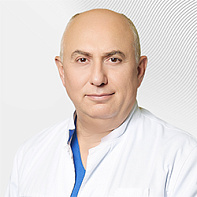


.jpg)

.jpg)

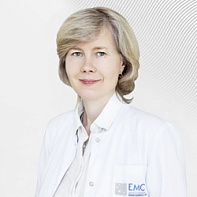

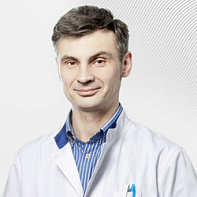

- Performs vision correction surgery
- He graduated from the MNTC "Eye Microsurgery" named after S.N.Fedorov. He has interned in various foreign clinics
- He worked in foreign clinics: Moorfields Eye Hospital,Heidelberg University Hospital,Centre Hospitalier Universitaire de Bordeaux
